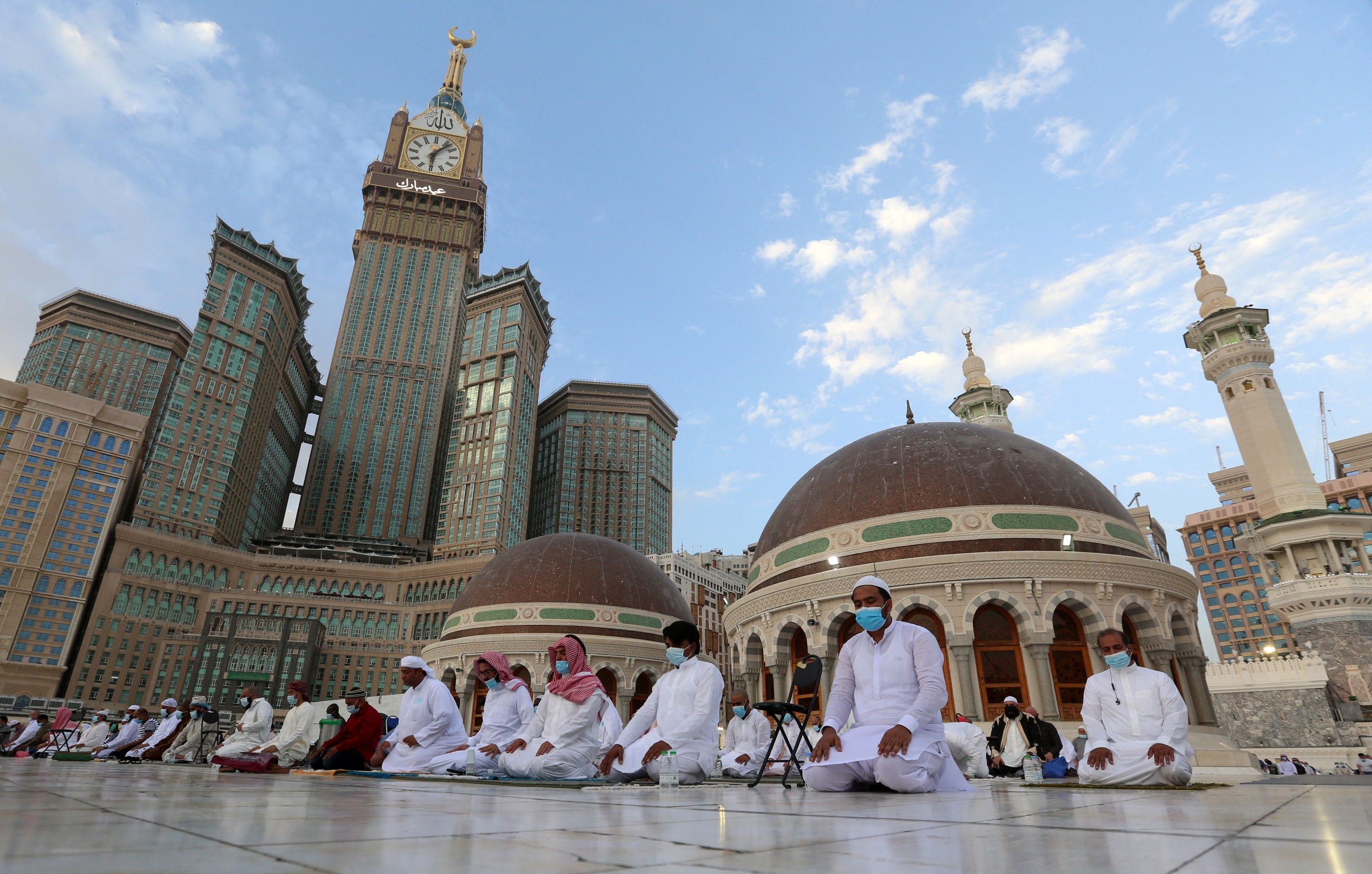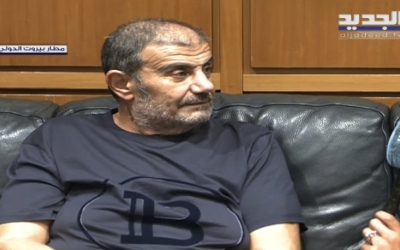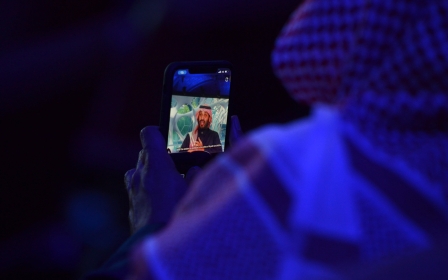Saudi minister defends mosque volume limits after backlash

Saudi Arabia's government has defended placing restrictions on the volume of mosque loudspeakers in the kingdom, a move that provoked a backlash from some Muslim worshippers.
Islamic Affairs Minister Abdullatif al-Sheikh on Monday said the new rules were prompted by complaints about excessive noise.
He said the loud volume was causing disturbance to children as well as the elderly.
"Those who want to pray do not need to wait for… the imam's" call to prayer, Sheikh said in a video published by state television.
"They should be at the mosque beforehand."
New MEE newsletter: Jerusalem Dispatch
Sign up to get the latest insights and analysis on Israel-Palestine, alongside Turkey Unpacked and other MEE newsletters

In a major policy last week in a country that's home to the holiest Muslim sites, the Islamic affairs ministry said the speakers should be set at no more than one-third of their maximum volume.
The order, which also limited the use of loudspeakers mainly to issue the call to prayer rather than broadcasting full sermons, triggered a conservative backlash on social media.
Several television channels also broadcast prayers and Quran recitals, Sheikh said, suggesting the loudspeakers served a limited purpose.
In a country that is home to tens of thousands of mosques, many welcomed the move to reduce the decibel levels.
But the decision also stirred resentment on social media, with a hashtag calling for the banning of loud music in restaurants and cafes gaining traction.
Sheikh said criticism of the policy was being spread by "enemies of the kingdom" who "want to stir public opinion".
Relaxed social norms
The policy follows reforms made by Saudi Arabia's de facto ruler, Crown Prince Mohammed bin Salman, to relax some of the more conservative religious restrictions in the kingdom.
The young prince lifted decades-long bans on cinemas and women drivers while allowing gender-mixed music concerts and sporting extravaganzas.
The relaxed social norms have been welcomed by many Saudis, two-thirds of whom are under 30, while riling conservatives.
Saudi Arabia has clipped the powers of its religious police, who once elicited widespread fear, chasing men and women out of malls to pray and berating anyone seen mingling with the opposite sex.
The push by the crown prince to liberalise some social rules in the kingdom has coincided with a major crackdown on dissent.
Over the past three years, the kingdom has arrested dozens of women activists, clerics, journalists as well as royal family members.
Middle East Eye delivers independent and unrivalled coverage and analysis of the Middle East, North Africa and beyond. To learn more about republishing this content and the associated fees, please fill out this form. More about MEE can be found here.




